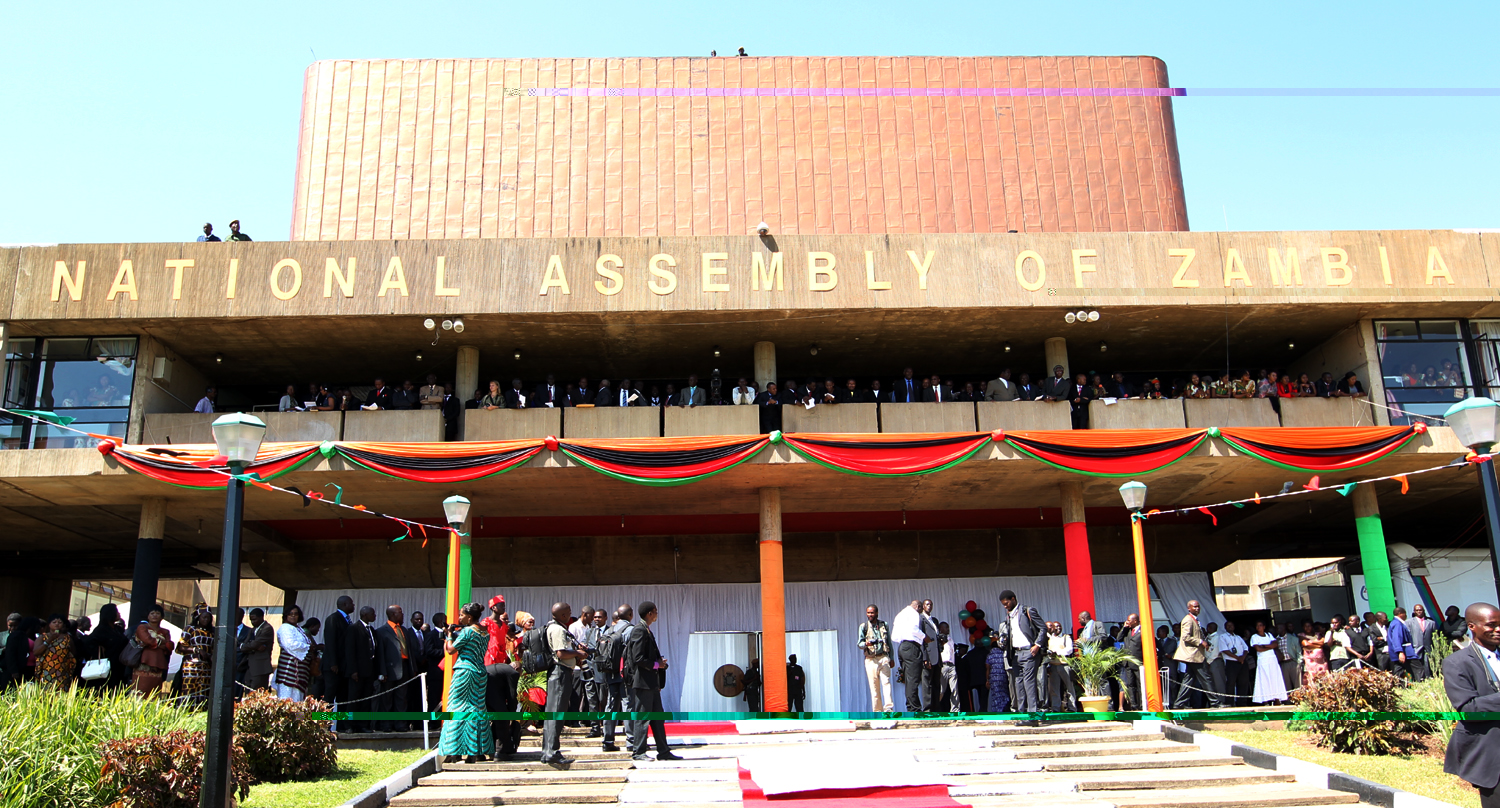
The Kenyan parliament recently voted to pull out of the Rome Statute and effectively prevent the Court from exercising proprio moto jurisdiction ever again. While this is disappointing it will have no effect on the current trials against the sitting president and his deputy. Hearings will proceed as scheduled and hopefully, justice will be done. The motion to withdraw raises a few issues that make a brief background study of the case worth looking at.
Kenya’s Jubilee Coalition was behind the motion to withdraw. In terms of Kenyan parliamentary procedure, a bill is expected to be tabled in 30 days, after that, final action lies with the executive. Parliament has voted for this before, but the then President Mwai Kibaki, did not act on it. According to Article 127 of the Rome Statute, a party may only withdraw by written notification to the United Nations Secretary General and withdrawal will only take effect one year later, unless an even later date of withdrawal is proposed. A State is not suddenly discharged from its obligations as clearly stated in Article 127 (2). If this motion morphs into the official state position, it will be sometime before it kicks into effect.
Kenya ratified the Rome Statute in 2005 and would be the first country with pending cases to withdraw from the Rome Statute. Using fairly tired “neo-colonialist” rhetoric to substantiate withdrawal, the Kenyan parliament put the ICC and its relationship with Africa in the spotlight once again. This highly political manoeuvre shows no concern for the victims, for justice, or for bringing an end to impunity.
The ethnic and election based 2007/8 violence lasted for 30 days, claiming 1300 lives and resulting in the injury of 3500 people, and in the displacement of 350,000 people. Prior to the ICC opening its case the Waki Commission completed a detailed report about the election violence and the Kenyan government was given a real opportunity, without unrealistic deadlines, to initiate investigation. But nothing was done. Failure to meet the 30th of September deadline to establish a local tribunal resulted in the ICC taking action in terms of Article 15 of the Rome Statute. Due process was followed and the Kenyan government committed to cooperation with the ICC.
On 5 November 2009 Prosecutor Luis Moreno Ocampo notified the President of the Court of his intention to submit a request for authorisation to investigate the situation in Kenya. The next day the Presidency assigned the situation to Pre-trial Chamber II and in 2010 they granted the Prosecutor the required authority. Summons to appear were issued to the so called “Ocampo Six”, Uhuru Kenyatta, Francis Muthaura, Hussein Ali, Willaim Ruto, Joshua Arap Sang and Henry Kosgey. Of the infamous “Ocampo Six”, three remain on trial today: Uhuru Kenyatta, William Ruto, and Joshua Arap Sang.
While plans for these trials proceed apace at the ICC, it is hard not to see in the recent Kenyan vote a clear signal that the cooperation promised by Kenya’s leaders for these trials is about to run out.
This entry was posted in Blog, Experts, International Criminal Justice. Bookmark the permalink.



